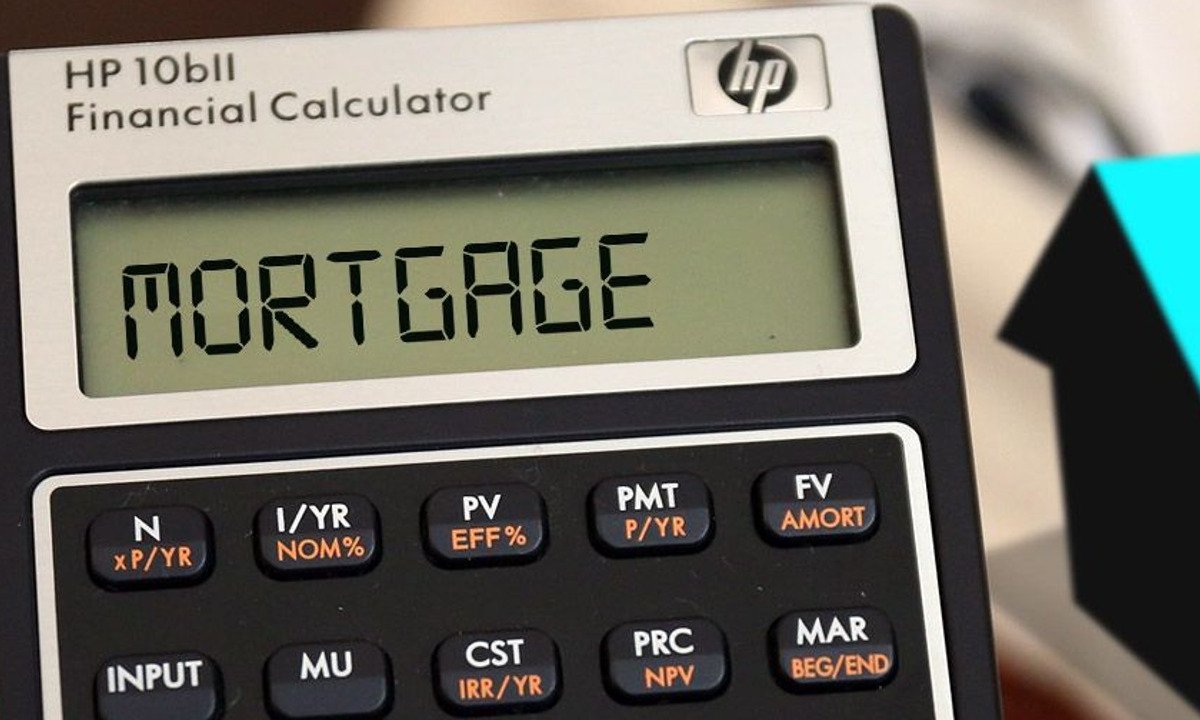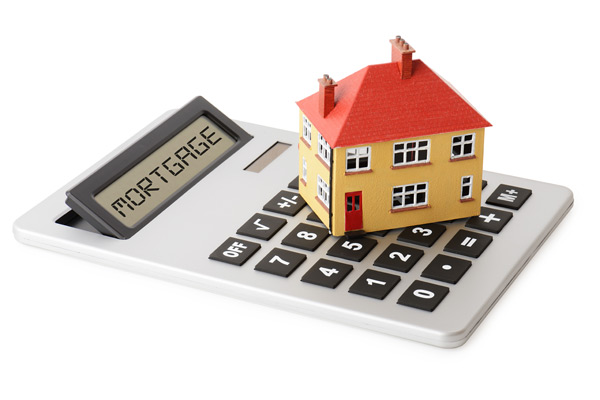Buying a home is a significant financial milestone for many individuals and families. It comes with a sense of accomplishment, stability, and pride. However, navigating the world of mortgage financing can be overwhelming, with numerous options and terms to consider. This is where a mortgage calculator comes in handy. It is an essential tool that helps you estimate the loan amount you can qualify for, the monthly payments you will make, and other associated costs. In this article, we will explore the basics of a mortgage, how to use a mortgage calculator, and provide valuable insights into mortgage financing.
1. Understanding the Basics of a Mortgage

A mortgage is a loan taken out to finance the purchase of real estate. It is typically secured by the property itself, meaning the lender has the right to foreclose on the property if the borrower defaults on the loan. Mortgages have several key components that borrowers should understand before using a mortgage calculator.
1.1 Principal
The principal refers to the total amount of money borrowed. For instance, if you are purchasing a home for $300,000 and making a down payment of $50,000, your principal would be $250,000. The principal amount is used to calculate the interest charges and the monthly payment.
1.2 Interest
Interest is the cost of borrowing the money, expressed as an annual percentage rate (APR). It is the profit that lenders make from lending money. The APR includes both the interest rate and any other fees or charges associated with the loan. It is crucial to compare APRs from different lenders when shopping for a mortgage, as it gives you a more accurate picture of the actual cost of the loan.
1.3 Term
The term of a mortgage is the length of the loan, usually 15, 20, or 30 years. The longer the term, the lower the monthly payments, but the higher the total interest paid over the life of the loan. A shorter term means higher monthly payments, but a lower total interest paid.
1.4 Amortization Schedule
An amortization schedule is a table that calculates the portion of each monthly payment that goes towards principal and interest, and the remaining loan balance. It helps borrowers understand how their payments are distributed and how much of the principal they have paid off over time.
2. Using a Mortgage Calculator
A mortgage calculator is a handy tool for anyone looking to buy a home or refinance an existing mortgage. It uses the inputs mentioned above to estimate the loan amount, monthly payments, and other associated costs. Here’s how to use a mortgage calculator in four simple steps:
2.1 Input Purchase Price
The first step is to input the purchase price of the home you want to finance. This is the cost of the property before any down payment is made. For example, if you are buying a home for $300,000, enter this amount into the mortgage calculator.
2.2 Enter Down Payment
The down payment is the amount of money you will pay upfront towards the purchase of the home. The more significant the down payment, the less you will need to borrow, and the lower your monthly payments will be. Most lenders require a minimum down payment of 5%, but a higher down payment can result in better loan terms.
2.3 Input Interest Rate
Next, you will need to input the interest rate offered by the lender. This is usually expressed as an APR and varies depending on your credit score, loan type, and other factors. It is essential to shop around for different interest rates from various lenders to get the best deal.
2.4 Select Loan Term
Finally, select the loan term that works best for you. Remember, the longer the term, the lower the monthly payments, but the more you will pay in total interest over the life of the loan. Conversely, a shorter term means higher monthly payments but less interest paid.
3. The Benefits of Using a Mortgage Calculator
Using a mortgage calculator provides numerous benefits for borrowers, such as:
3.1 Helps with Budgeting
A mortgage calculator gives you an estimate of your monthly payments, allowing you to budget accordingly. It also helps you determine if you can afford a particular property before committing to it.
3.2 Saves Time and Money
With a mortgage calculator, you can easily compare different loan options from various lenders without having to physically visit each one. This saves time and can potentially save you money by finding the best loan terms for your financial situation.
3.3 Provides Valuable Insights
By playing around with different inputs on the mortgage calculator, you can get a better understanding of how different factors, such as down payment and interest rate, affect your monthly payments and the total cost of the loan.
4. Other Factors to Consider When Using a Mortgage Calculator
While a mortgage calculator can provide a good estimate of your potential loan amount and monthly payments, there are some other factors to consider that may affect the final numbers.
4.1 Additional Fees and Charges
Some loans come with additional fees and charges, such as closing costs, origination fees, or private mortgage insurance (PMI). These fees may not be included in the mortgage calculator’s estimate, so it is essential to factor them in when considering your loan options.
4.2 Credit Score
Your credit score plays a significant role in determining the interest rate you will receive from a lender. The better your credit score, the lower your interest rate, and the lower your monthly payments will be.
4.3 Debt-to-Income Ratio
Lenders also look at your debt-to-income ratio, which is the percentage of your monthly income that goes towards paying off debt. A high debt-to-income ratio may lead to a higher interest rate or a lower loan amount.
5. Understanding Loan Amortization
As mentioned earlier, an amortization schedule is a table that shows how your monthly payments are distributed between principal and interest over the life of the loan. Understanding how this works can help you make better financial decisions.
5.1 Early Payments Go Mostly Towards Interest
In the early years of a mortgage, most of your monthly payments will go towards interest, with only a small portion going towards the principal. This is because the lender wants to recoup their money first before the borrower starts building equity in the property.
5.2 Equity Increases Over Time
As you continue to make monthly payments, more of your money will go towards paying down the principal, resulting in an increase in your equity in the property. This means you own more of the home, and there is less risk for the lender.
5.3 Paying Extra Towards Principal
Some borrowers choose to make extra payments towards the principal to pay off the loan faster. This reduces the total interest paid and can save thousands of dollars over the life of the loan.
6. When to Use a Mortgage Calculator
A mortgage calculator is a useful tool at various stages of the home buying process, such as:
6.1 Initial Research
When you first start considering buying a home, a mortgage calculator can give you an idea of the price range of properties you can afford based on your income and other financial factors.
6.2 Pre-Approval Process
During the pre-approval process, lenders will often provide an estimate of the loan amount you qualify for. Using a mortgage calculator can help you verify this information and make sure it aligns with your financial goals.
6.3 Comparison Shopping
When considering different loan options from various lenders, a mortgage calculator can help you compare monthly payments and total costs to find the best deal.
6.4 Refinancing
If you are considering refinancing your existing mortgage, a mortgage calculator can help you determine if it would be financially beneficial by calculating potential savings in interest payments.
Conclusion
In conclusion, understanding the terms of your mortgage is crucial when making informed financial decisions. A mortgage calculator is an essential tool that enables borrowers to estimate the loan amount they can qualify for, the monthly payments they will make, and other associated costs. By using a mortgage calculator, borrowers can save time and money, gain valuable insights, and make more informed decisions about their mortgage financing. It is important to keep in mind that a mortgage calculator provides estimates and should not be relied upon as the final numbers. It is always best to consult with a lender and carefully review all loan documents before committing to a mortgage.
web3host.org